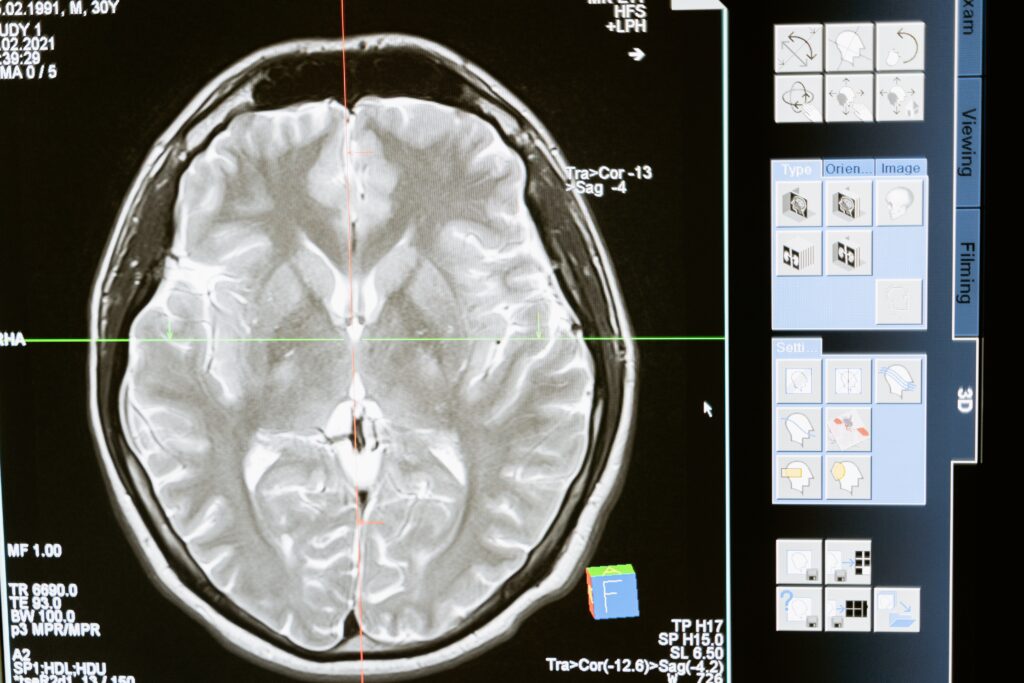Trauma triggers can be overwhelming and distressing, causing individuals to feel as though they are reliving the traumatic event. sensory experiences that accompany these triggers can be particularly intense, and understanding the relationship between the five senses and trauma is essential to managing these triggers effectively. In this blog post, I will explore the connection between the senses and trauma triggers, as well as how the brain remembers traumatic events through the senses.
The Five Senses and Trauma Triggers:
The five senses, sight, sound, touch, taste, and smell, work together to create our sensory experiences. When we encounter a traumatic event, the sensory input from the environment becomes linked to the traumatic memory, causing the senses to trigger the memory. For example, the smell of burning rubber could trigger a memory of a car accident. The sound of a door slamming could trigger a memory of domestic violence. These sensory experiences can be especially overwhelming when they occur unexpectedly, causing individuals to feel as though they are reliving the trauma.
Each sense can trigger trauma differently. For sight, seeing a particular object or location can bring back memories of the traumatic event. For sound, certain noises can trigger a fear response, such as loud bangs or sirens. For touch, physical sensations can trigger trauma, such as being touched in a particular way. For taste and smell, certain foods or scents can trigger trauma, such as the smell of gasoline or the taste of a particular medication.
The Brain and Trauma Memory:
The brain plays a critical role in the creation and storage of traumatic memories. When a traumatic event occurs, the amygdala, a part of the brain responsible for processing emotions, activates the fight or flight response. This response is designed to protect us from danger and prepares the body to react quickly. The hippocampus, a part of the brain responsible for forming and storing memories, also becomes involved in the process. When the hippocampus is activated during a traumatic event, it can create a strong and vivid memory of the experience.
However, trauma can also impact the hippocampus and affect memory. Research has shown that individuals who experience repeated trauma may have a smaller hippocampus, which can lead to difficulty with memory formation and recall. This can make it harder to process and integrate traumatic experiences into long-term memory.
PTSD and Trauma Triggers:
Post-traumatic stress disorder (PTSD) is a mental health condition that can develop after experiencing or witnessing a traumatic event. Individuals with PTSD may experience flashbacks, nightmares, and intrusive thoughts related to the traumatic event. Trauma triggers can often lead to these symptoms, causing individuals to feel as though they are reliving the trauma.
Trauma triggers can also lead to avoidance behaviors, where individuals try to avoid situations or stimuli that may trigger a traumatic memory. This can impact daily life and limit social interactions, leading to feelings of isolation and loneliness.
Coping Strategies for Trauma Triggers:
Managing trauma triggers can be challenging, but there are strategies that can help. One approach is to develop coping skills that can be used when triggers occur. This may include deep breathing, grounding techniques, or mindfulness meditation.
Long-term approaches to reducing the frequency and severity of trauma triggers may include seeking professional help from a therapist trained in trauma-focused therapy. This type of therapy can help individuals process and integrate traumatic memories into long-term memory, reducing the impact of trauma triggers over time.
Trauma triggers can be overwhelming and distressing, but understanding the connection between the senses and trauma can help individuals manage these triggers more effectively. By developing coping strategies and seeking professional help when needed, individuals can take steps towards healing and recovery from traumatic experiences.

